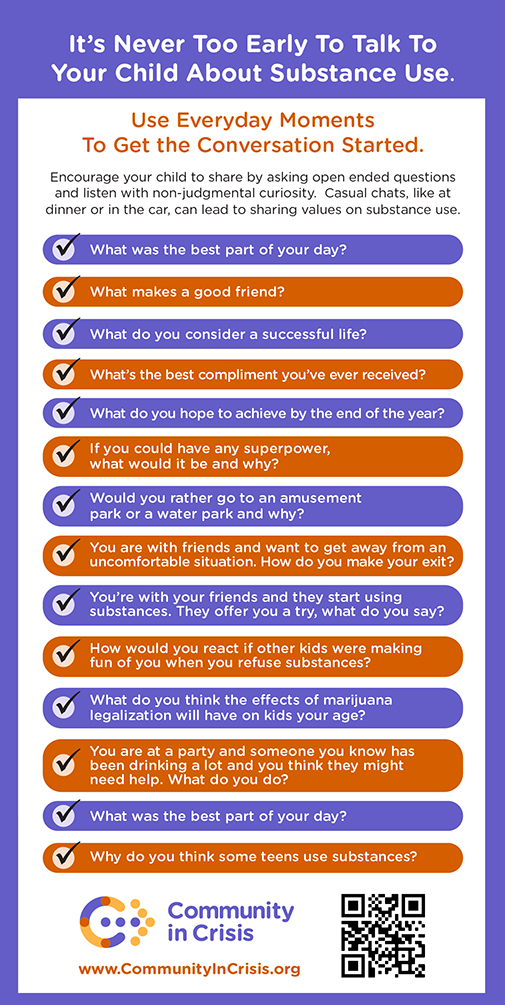Risks and Consequences
Substance misuse during adolescence and early adulthood can have significant and lasting effects on the developing brain. The brain undergoes crucial changes during these formative years, and exposure to drugs or alcohol can disrupt its normal development, leading to various adverse consequences. Here are some of the key effects of substance misuse on the developing brain:
- Impaired Cognitive Function: Substance misuse can hamper memory, attention, and decision-making abilities, hindering academic performance and day-to-day tasks.
- Increased Vulnerability to Addiction: The developing brain is more susceptible to developing addiction, making individuals more likely to struggle with substance dependence later in life.
- Long-Term Cognitive Deficits: Chronic substance misuse during adolescence can lead to long-term cognitive deficits, impacting learning, problem-solving, and overall intellectual functioning.
- Impaired Emotional Regulation: Substance misuse can hinder the development of healthy emotional regulation, leading to increased emotional instability and difficulty coping with stress.
- Potential for Persistent Addiction: Early substance misuse can create lasting changes in the brain’s reward circuitry, increasing the risk of persistent addiction and substance dependence in adulthood.
How Addiction Affects The Brain
It’s Never Too Early To Talk To Your Child About Substance Use.
Use Everyday Moments To Get the Conversation Started.
Encourage your child to share by asking open ended questions and listen with non-judgmental curiosity. Casual chats, like at dinner or in the car, can lead to sharing values on substance use.



